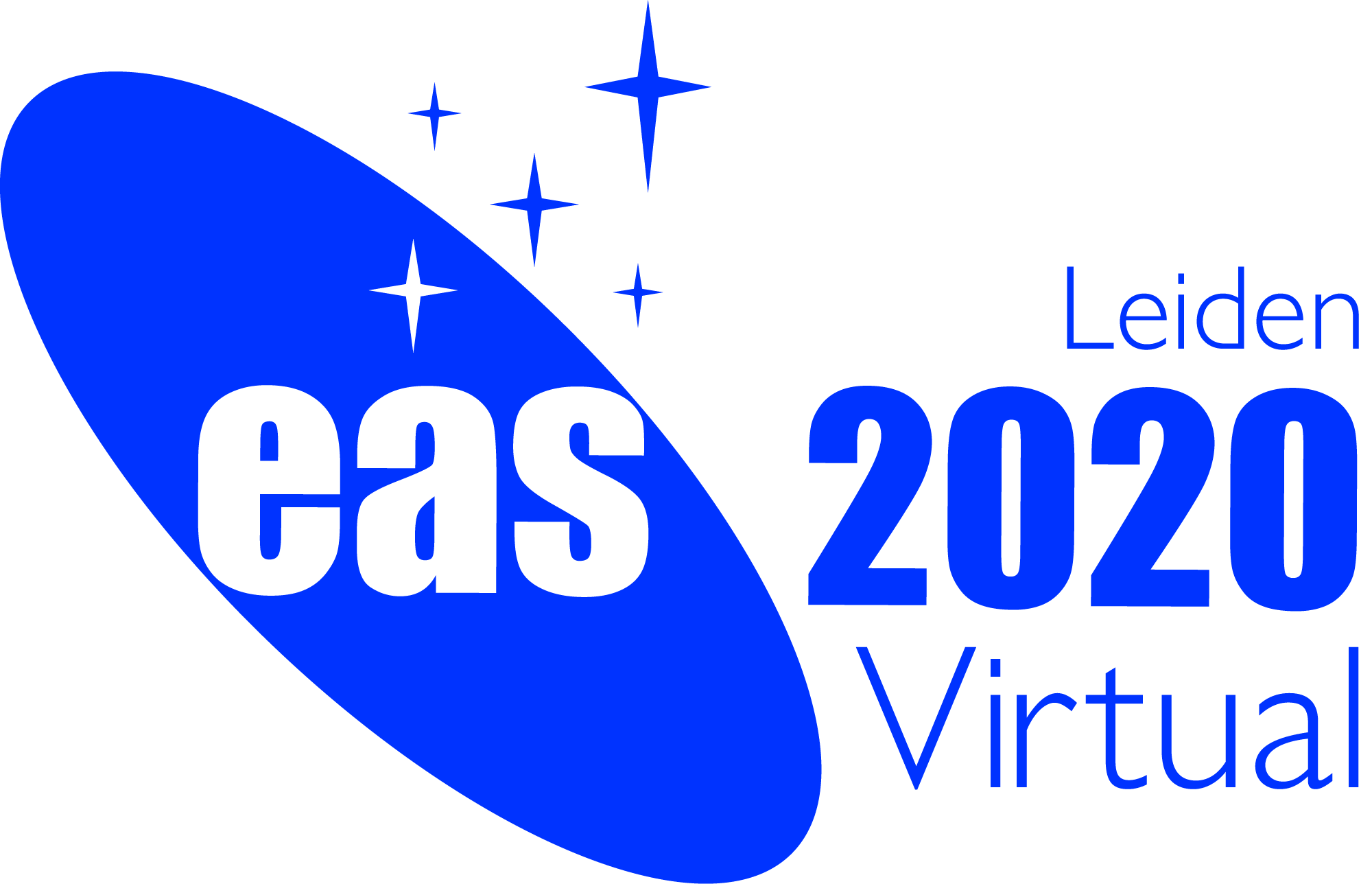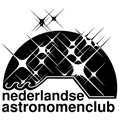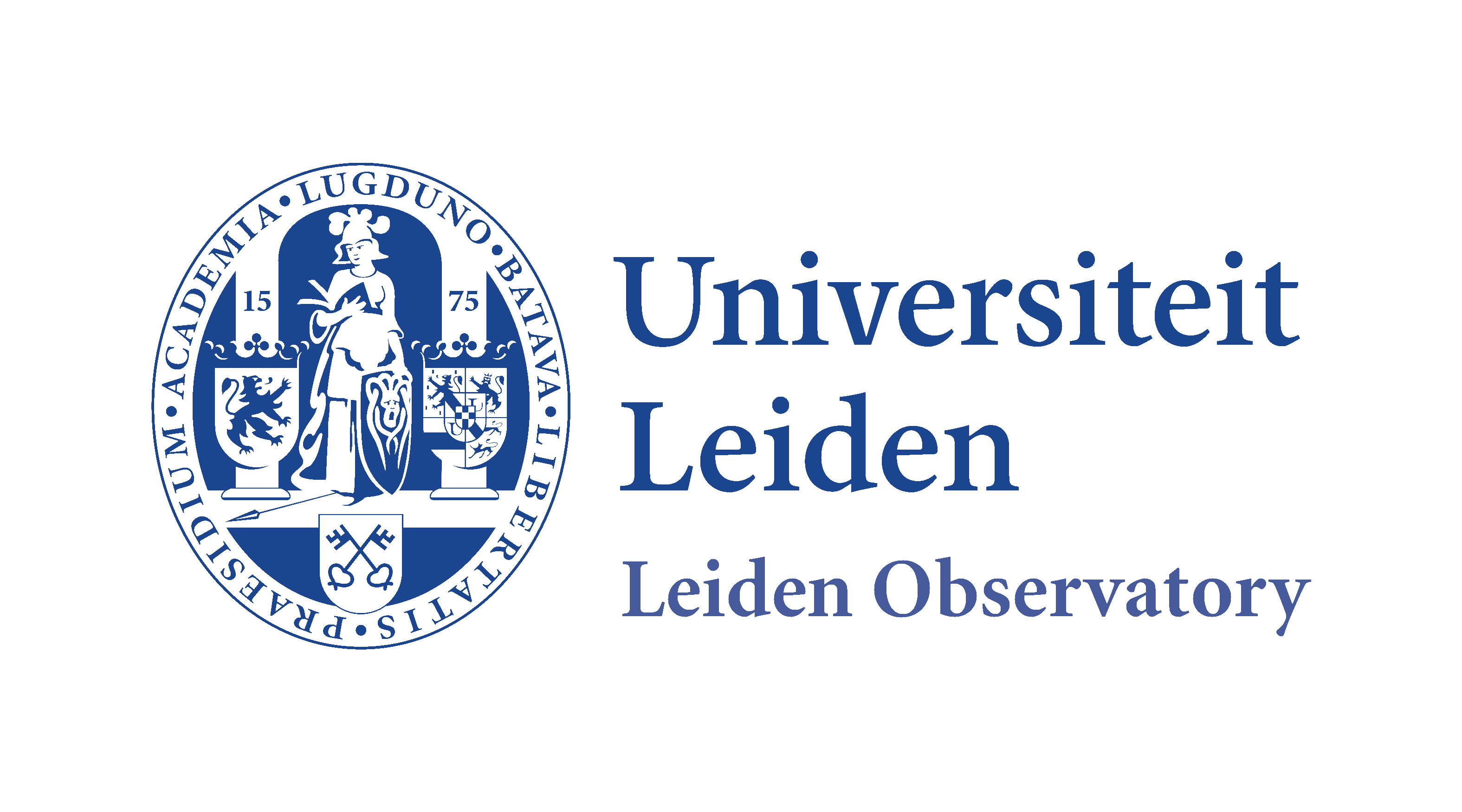Symposium S14
30 June - 1 July 2020
Quenching cluster galaxies in the cosmic middle ages

News:
The updated symposium programme is available at
https://home.strw.leidenuniv.nl/~bahe/EAS_S14_Programme.pdf
Aims and scope
Galaxy clusters and groups represent an extreme environment for galaxy formation and evolution. In the local Universe, this leads to a wide variety of differences in galaxy properties such as colours, star formation rates, gas content, and morphologies between cluster and field galaxies. These differences are, however, much smaller in the high-redshift Universe (z >~ 1.5), implying that the effect of the cluster environment first sets in at intermediate redshift (0.3 <~ z <~ 1.5).
Rapid progress has been made on this topic by the discovery of new intermediate-redshift clusters from, e.g., Planck and SPT SZ maps, and spectroscopic surveys such as KMOS^3D and GOGREEN. This progress has been mirrored by improved hydrodynamical simulations, which can now resolve broadly realistic galaxies in clusters (such as IllustrisTNG, Hydrangea, and Magneticum), and by refinements to semi-analytic models such as GAEA and L-Galaxies.
In this symposium, we will bring together observers and modellers with an interest in galaxy evolution in intermediate-redshift clusters. The communities will update each other on recent progress, identify the shortcomings in current models, and discuss which future observations and simulations will be most beneficial to making progress in this field.
Programme
- The quenching of star formation in cluster galaxies: at which redshift do clusters become dominated by `red and dead' galaxies, and what are the physical mechanisms driving the quenching?
- Besides star formation, what other properties of cluster galaxies are affected by their environment at intermediate redshift?
- How similar is the evolution of galaxies in groups and clusters, and between the core and filamentary outskirts of clusters, at intermediate redshift?
Invited speakers
- Meghan Gray (University of Nottingham; TBC)
- Ian McCarthy (Liverpool John Moores University)
- Rhea-Silvia Remus (University Observatory Munich)
- Sean McGee (University of Birmingham)
Scientific organisers
- Yannick Bahé (Leiden Observatory, co-chair)
- Remco van der Burg (European Southern Observatory, co-chair)
- Matteo Fossati (Durham University)
- Pascale Jablonka (École polytechnique fédérale de Lausanne)
- Gabriella de Lucia (Astronomical Observatory of Trieste)
- Annalisa Pillepich (Max Planck Institute for Astronomy, Heidelberg)
- Bianca Poggianti (Astronomical Observatory of Padova)
- Rhea-Silvia Remus (University Observatory Munich)
Contact
Yannick Bahé (bahe @ strw.leidenuniv.nl); Remco van der Burg (rvanderb @ eso.org)
Updated on Fri Jul 03 18:24:31 CEST 2020
|

 A power cut will shut down all EAS services on Tuesday, 10 January 2017 starting at 7:30 CET.
A power cut will shut down all EAS services on Tuesday, 10 January 2017 starting at 7:30 CET.



